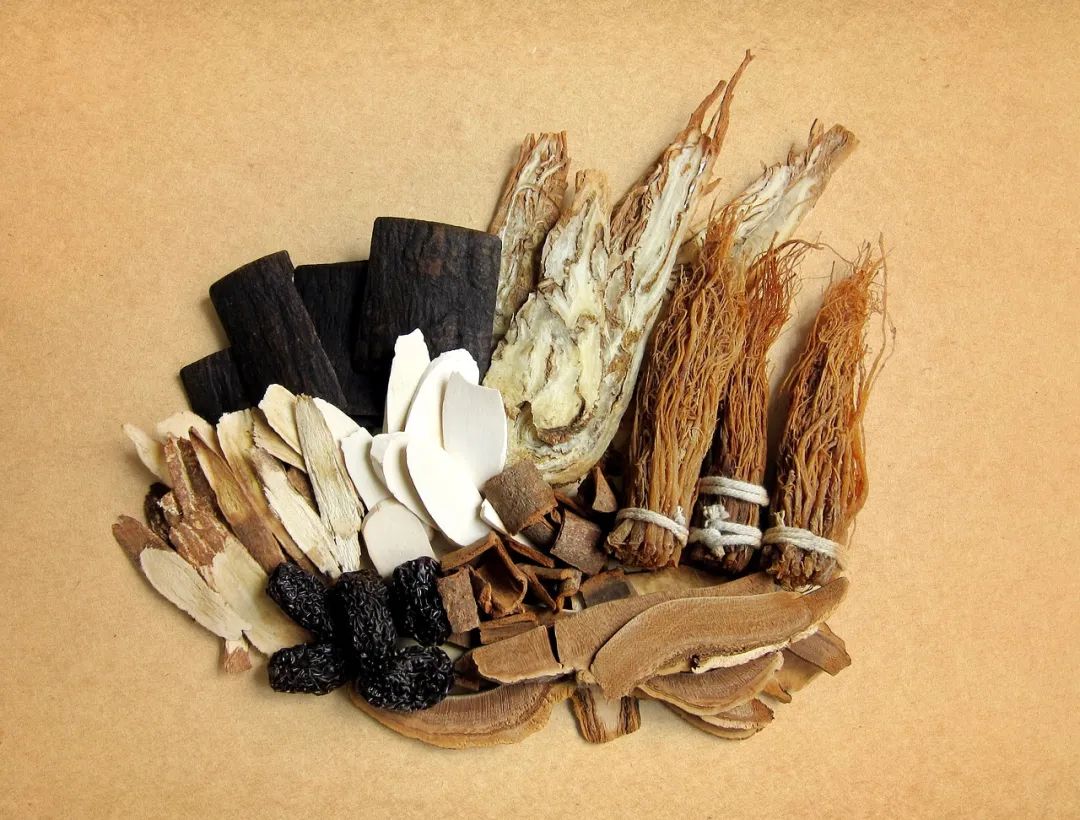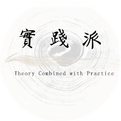
Recurrence refers to a form of disease onset that occurs during the recovery or remission phase of an illness, triggered by certain factors that lead to the re-emergence or repeated occurrence of the disease. The mechanism behind recurrence is that the residual pathogenic factors have not been completely eliminated, and the body’s righteous qi (正气, zhèng qì) has not fully recovered, while there are also triggering factors at play, such as improper diet, inappropriate medication, excessive fatigue, or re-exposure to new pathogens, all of which can cause the residual pathogenic factors to flare up again, further depleting the righteous qi and leading to disease recurrence.
Any triggering factor can assist the pathogenic factors in damaging the righteous qi, leading to a renewed struggle between the righteous and pathogenic forces, breaking the temporary balance and resulting in the recurrence of the old illness.
1. Heavy Pathogen-Induced Recurrence. Recurrence caused by the invasion of external pathogens is termed heavy pathogen-induced recurrence. It is essential to avoid wind and cold, and to keep warm.
2. Dietary Recurrence. Recurrence due to dietary imbalances is termed dietary recurrence. This includes irregular eating habits, overeating or undereating, and consumption of rich and heavy foods.
3. Fatigue-Induced Recurrence. If excessive physical or mental strain, or early sexual activity leads to a recurrence of the illness, it is termed fatigue-induced recurrence. Staying up late, mental stress, excessive physical labor, and sexual activity can easily deplete the righteous qi, resulting in repeated illness.
4. Medication-Induced Recurrence. When recovering from an illness, one should not rush to achieve results by indiscriminately taking tonics, as this can easily obstruct the righteous qi and assist the pathogenic factors, leading to disease recurrence.
5. Emotional-Induced Recurrence. Changes in emotions, including excessive joy, anger, worry, thought, sadness, fear, and shock, can directly harm the internal organs, leading to disruptions in the flow of qi and blood, reversing the original process of yin-yang harmony, and causing disease recurrence.
The more frequently exogenous diseases recur, the greater the pathological damage, and the worse the prognosis. Therefore, when treating exogenous diseases, it is crucial to focus on expelling pathogens, supporting the righteous qi, eliminating residual roots, and avoiding triggering factors to reduce the recurrence of the disease.

